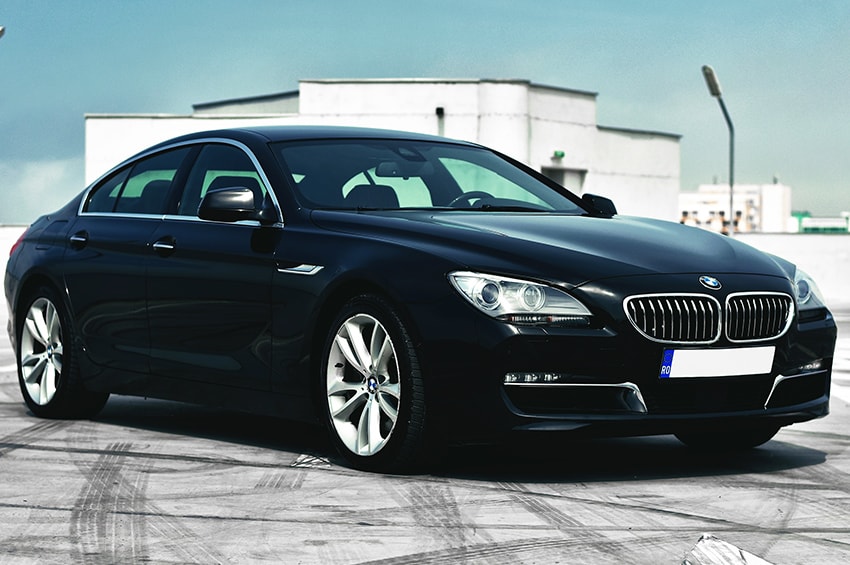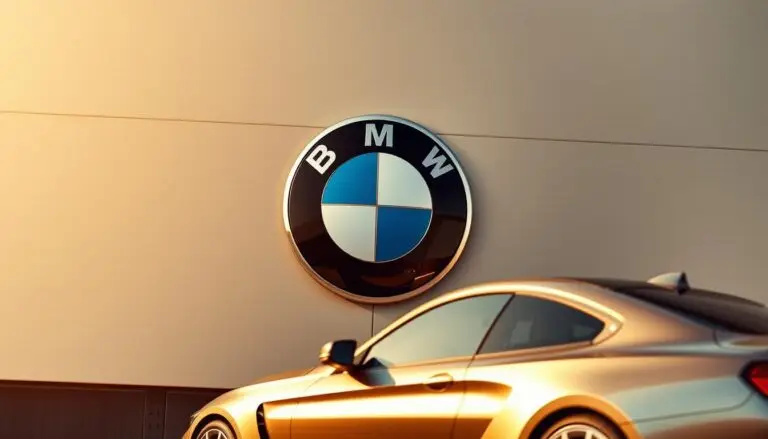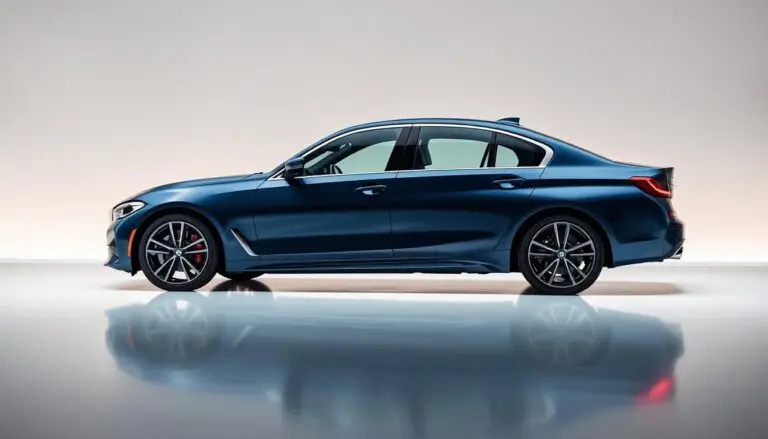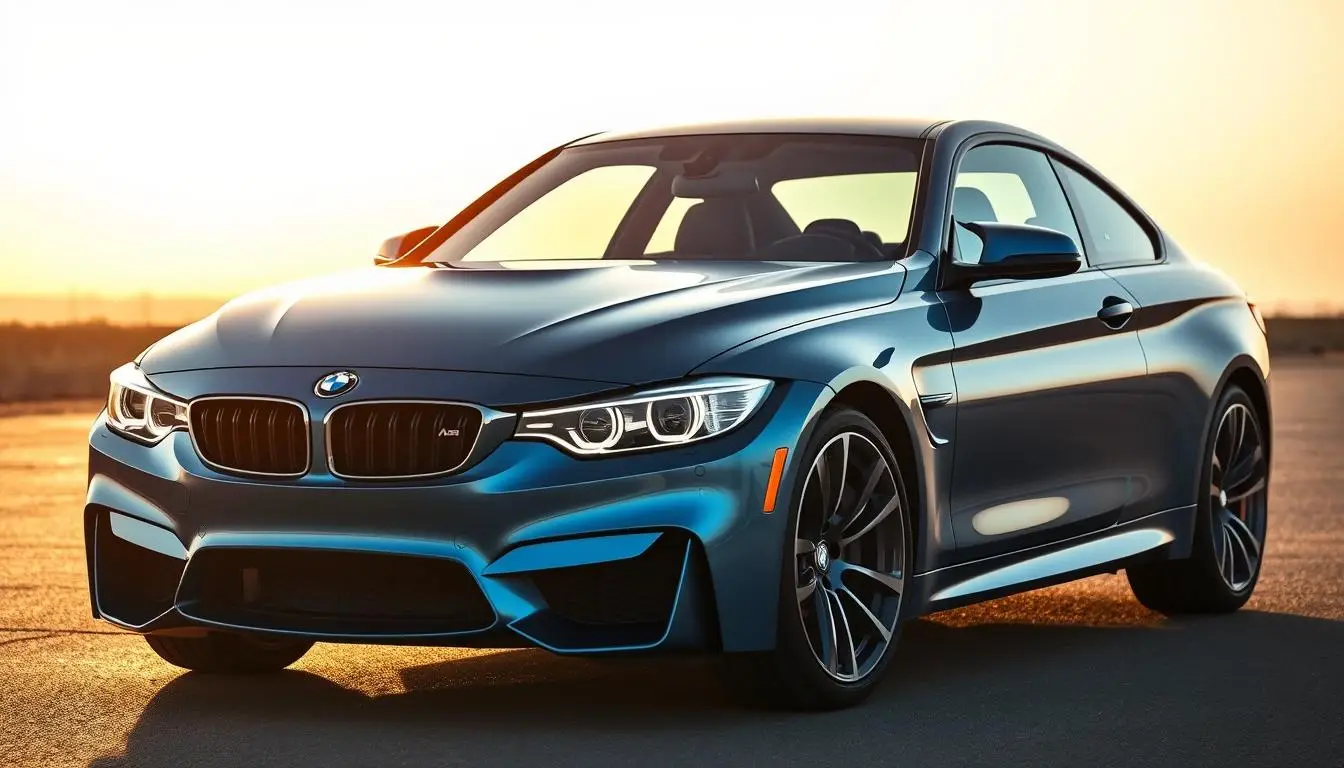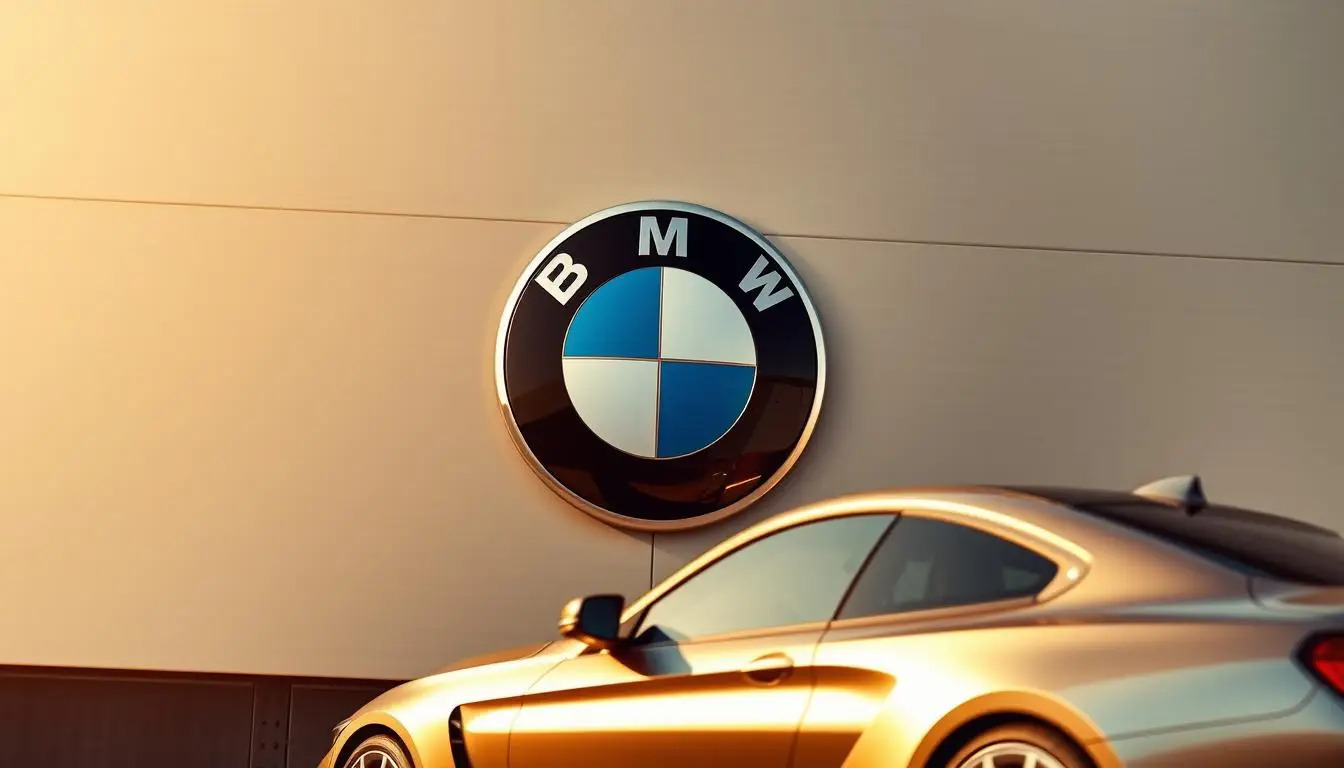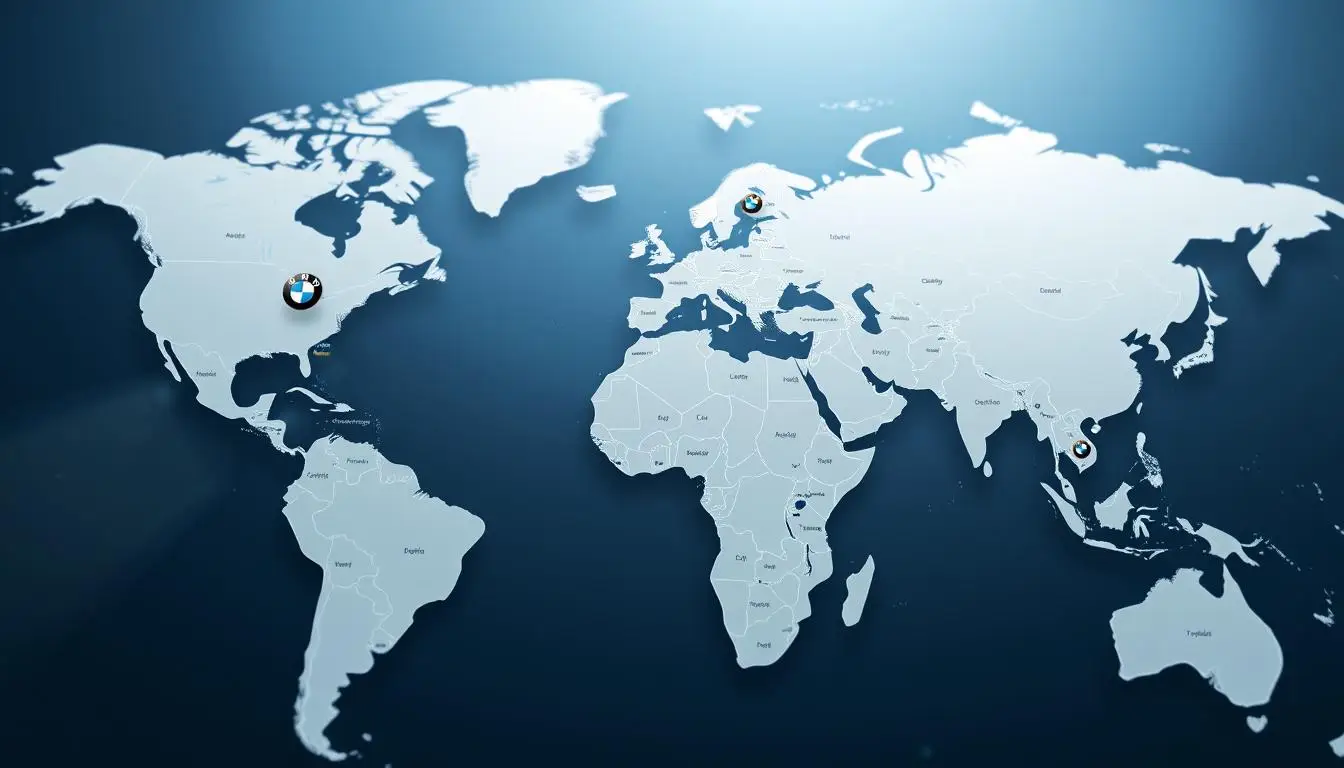

where is bmw made
BMW stands as a pinnacle of automotive engineering, with a rich manufacturing history that spans continents. Understanding where BMW vehicles are made reveals the brand’s commitment to precision and quality. From Germany to the United States and Asia, BMW’s global production network ensures that each vehicle meets the highest standards of automotive excellence.
Consumers curious about where BMW vehicles are produced will find a fascinating journey of innovation and strategic manufacturing. Whether you’re exploring the price of a BMW M4 or simply interested in the brand’s production locations, BMW’s manufacturing approach represents a complex global strategy that combines German engineering with international manufacturing capabilities.
Table of Contents
Key Takeaways
- BMW manufactures vehicles across multiple continents
- German facilities remain the core of BMW production
- Global manufacturing ensures diverse market coverage
- Each production location maintains BMW’s quality standards
- Manufacturing locations impact vehicle pricing and availability
BMW’s Manufacturing Heritage: From Munich to Global Production
The story of BMW begins in the heart of Bavaria, where a small aircraft engine manufacturer would transform into a global automotive powerhouse. Founded in 1916 in Munich, Germany, the company’s early years were defined by innovative engineering and a commitment to precision manufacturing.
BMW’s initial focus was on producing aircraft engines during World War I. The company’s technical expertise and precision engineering would later become hallmarks of its automotive production. By the 1920s, BMW shifted its manufacturing capabilities toward motorcycles and eventually automobiles.
The Birth of Bavarian Motor Works
In 1928, BMW entered the automobile market by acquiring the Eisenach vehicle factory. This strategic move marked a critical transition for the company, allowing it to expand beyond aircraft and motorcycle production. The bmw e92 model would later become a testament to the brand’s engineering prowess.
Evolution from Aircraft Engines to Luxury Cars
- 1916: Founded as an aircraft engine manufacturer
- 1923: First motorcycle production begins
- 1928: Enters automobile manufacturing
- 1959: Launches first luxury sedan
Early Manufacturing Facilities
BMW’s early manufacturing facilities were concentrated in Munich, with a focus on high-quality, precision-engineered vehicles. The bmw suv price range would eventually reflect the brand’s commitment to luxury and performance.
| Year | Manufacturing Location | Primary Product |
|---|---|---|
| 1916 | Munich, Germany | Aircraft Engines |
| 1923 | Munich, Germany | Motorcycles |
| 1928 | Eisenach, Germany | Automobiles |
The foundation laid during these early years would propel BMW into becoming a global luxury automotive brand, known for exceptional engineering and innovative design.
Where Is BMW Made: Current Global Production Network
BMW’s global manufacturing footprint spans multiple continents, showcasing the brand’s commitment to international production. The company strategically operates manufacturing facilities across different countries to meet global demand and optimize production efficiency.
When exploring where is bmw made, one discovers a complex network of production sites. The company maintains key manufacturing hubs in several critical regions:
- Germany (primary manufacturing base)
- United States
- China
- South Africa
- Brazil
- Thailand
Each manufacturing location specializes in different vehicle models and serves specific regional markets. For instance, the U.S. plant in Spartanburg produces popular SUV models, while German facilities focus on luxury sedans and high-performance vehicles.
| Region | Primary Production Focus | Key Models |
|---|---|---|
| Germany | Luxury Sedans | 3 Series, 5 Series, 7 Series |
| United States | SUVs | X3, X4, X5, X6, X7 |
| China | Compact & Luxury Vehicles | 1 Series, 3 Series, X1 |
Regarding specialized components like locked nut wheels, BMW carefully manages production costs. While the exact price for a locked nut wheel varies, automotive experts estimate the cost ranges between $50-$200 depending on the specific model and specifications.
BMW’s global production strategy allows the company to remain competitive, reduce shipping costs, and quickly respond to regional market demands.
BMW’s German Manufacturing Excellence
German engineering stands as the cornerstone of BMW’s global reputation for precision and innovation. The company’s manufacturing facilities across Germany represent a remarkable blend of traditional craftsmanship and cutting-edge technology. Understanding how to update BMW software plays a crucial role in maintaining the brand’s exceptional quality standards.
BMW’s German production network showcases the brand’s commitment to automotive excellence. Strategically located facilities demonstrate the company’s ability to address complex engineering challenges, including resolving potential issues like will bmw code 2aa9 cause the engine stall.
Munich Plant: The Birthplace of Precision
The Munich plant represents the historical heart of BMW’s production. Established in the company’s original location, this facility continues to embody BMW’s core engineering principles. Key features include:
- Advanced manufacturing techniques
- Precision engineering processes
- Continuous technological innovation
Dingolfing: Scale of European Production
Dingolfing stands as BMW’s largest European manufacturing complex. The facility demonstrates remarkable efficiency in producing high-end vehicles across multiple model lines. Its expansive production capabilities allow BMW to meet global demand while maintaining exceptional quality standards.
Leipzig: Electric Vehicle Innovation
The Leipzig plant represents BMW’s forward-thinking approach to automotive manufacturing. Specializing in electric vehicle production, this facility showcases the brand’s commitment to sustainable mobility. Innovative production techniques and advanced software integration ensure cutting-edge electric vehicle development.
German engineering excellence continues to define BMW’s global manufacturing strategy.
BMW Production in the United States
The United States plays a crucial role in BMW’s global manufacturing strategy. Located in Spartanburg, South Carolina, BMW’s American production facility has become a powerhouse of automotive manufacturing since its establishment in 1994.
The Spartanburg plant stands as BMW’s largest global production facility, specializing in SUV manufacturing. Producing popular models like the X3, X4, X5, X6, and X7, the facility has become a key economic driver for the region. Annually, the plant manufactures approximately 450,000 vehicles for global markets.
- Total investment exceeding $8 billion in US manufacturing
- Employs over 11,000 workers in South Carolina
- Exports vehicles to more than 125 countries worldwide
BMW’s commitment to quality remains consistent across its US operations. The parking assistance package has become a standout feature for many models produced at the Spartanburg plant. Technicians carefully address potential issues like bmw leaking coolant but not overheating to maintain the brand’s reputation for reliability.
The Spartanburg plant represents BMW’s dedication to innovation and precision in automotive manufacturing.
Technological advancements continue to transform the facility. Automated production systems and rigorous quality control processes ensure that each vehicle meets BMW’s exacting standards. The plant serves as a testament to BMW’s global manufacturing excellence.
By investing heavily in US manufacturing, BMW has created a robust production ecosystem that supports local economies while delivering world-class luxury vehicles to global markets.
Asian Manufacturing Hubs: China and Thailand
BMW’s strategic expansion into Asian markets has transformed its global manufacturing landscape. By establishing robust production facilities in key regions, the automotive giant has successfully catered to growing demand while maintaining its renowned quality standards.
The company’s approach to Asian manufacturing goes beyond simple production. BMW has implemented rigorous quality control processes to ensure that vehicles meet international standards, addressing potential concerns like bmw transmission fault before they become significant issues.
Shenyang Operations: Serving the Chinese Market
BMW’s Shenyang plant represents a critical strategic investment in China. The facility produces several key models specifically designed for the Chinese automotive market, demonstrating BMW’s commitment to localized manufacturing.
- Established in 2003 as a joint venture
- Produces multiple BMW series models
- Employs advanced manufacturing technologies
When discussing what does bmw certified mean, the Shenyang operations exemplify the brand’s dedication to maintaining premium quality across global production sites.
Rayong Plant: Southeast Asian Production Center
Located in Thailand, the Rayong manufacturing facility serves as BMW’s primary production hub for Southeast Asian markets. This plant underscores the company’s strategic approach to regional automotive manufacturing.
- Opened in 2000
- Supports BMW’s expansion in ASEAN markets
- Implements strict quality control measures
The Rayong plant showcases BMW’s ability to adapt production techniques to local market requirements while maintaining international quality benchmarks.
BMW’s Quality Control Across Global Facilities

BMW’s commitment to exceptional quality control spans its global manufacturing network. The company implements rigorous testing protocols to ensure every vehicle meets the highest standards of performance and reliability.
Quality assurance begins with comprehensive testing processes that address potential technological challenges. For drivers experiencing bmw bluetooth problems, the manufacturer has developed systematic diagnostic approaches to identify and resolve connectivity issues.
- Advanced diagnostic tools for rapid problem detection
- Standardized testing protocols across international facilities
- Continuous software update mechanisms
When customers report my bmw app not working, BMW’s technical support teams leverage sophisticated quality control systems to quickly diagnose and resolve software-related concerns.
| Quality Control Focus Area | Key Performance Metrics |
|---|---|
| Electronic Systems | 99.7% Functionality Rate |
| Bluetooth Connectivity | 98.5% Initial Pairing Success |
| Mobile App Integration | 97.2% Smooth Operation |
BMW’s global quality control strategy emphasizes proactive problem prevention rather than reactive solutions. By implementing strict manufacturing standards and continuous improvement protocols, the company maintains its reputation for engineering excellence.
Understanding BMW Model Codes and Production Locations
Deciphering BMW vehicle details can be a complex process for car enthusiasts and owners. Every BMW comes with unique identifiers that reveal important information about its manufacturing origin and specific characteristics. Understanding these codes helps owners gain insights into their vehicle’s background and potential features.
Learning how to identify if your BMW has adaptive suspension requires careful examination of specific vehicle identification details. The Vehicle Identification Number (VIN) serves as a critical resource for uncovering essential information about your BMW’s specifications and production history.
Decoding BMW VIN Numbers
BMW VIN numbers provide a wealth of information through their unique 17-character code. Each segment represents specific details about the vehicle:
- First 3 characters: World Manufacturer Identifier
- Characters 4-9: Vehicle description section
- Characters 10-17: Vehicle identification section
To determine if your BMW has adaptive suspension, focus on the vehicle description section. This portion contains critical details about the vehicle’s technical specifications and optional equipment.
Production Location Impact on Vehicle Specifications
Different BMW manufacturing plants can influence vehicle specifications. While core engineering remains consistent, subtle variations might exist between models produced in Germany, the United States, or Asian facilities. Checking the VIN’s manufacturing plant code can reveal these nuanced differences.
Owners interested in understanding their BMW’s adaptive suspension capabilities should consult:
- Vehicle documentation
- BMW dealer support
- Online VIN decoding tools
Pro tip: Professional BMW technicians can quickly interpret your VIN and confirm specific suspension configurations with precise accuracy.
BMW’s Sustainable Manufacturing Practices
BMW has revolutionized automotive manufacturing by implementing cutting-edge sustainable practices across its global production network. Where is BMW made becomes increasingly significant when examining the company’s commitment to environmental responsibility.
The automotive manufacturer has developed a comprehensive strategy to reduce carbon footprint in its manufacturing processes. Key sustainability initiatives include:
- Renewable energy integration in production facilities
- Zero-waste manufacturing goals
- Carbon-neutral production techniques
- Recycling advanced materials
When considering the BMW M4 price, consumers can appreciate that the vehicle’s production involves sophisticated eco-friendly technologies. The company has invested heavily in green manufacturing techniques that minimize environmental impact while maintaining premium quality standards.
| Sustainability Area | BMW’s Approach | Impact |
|---|---|---|
| Energy Consumption | 100% Renewable Electricity | Reduced CO2 Emissions |
| Material Sourcing | Responsible Procurement | Sustainable Supply Chain |
| Production Waste | Circular Economy Model | Minimal Environmental Footprint |
BMW’s sustainable manufacturing demonstrates the automotive industry’s potential to balance technological innovation with environmental stewardship.
Technology Integration in BMW Manufacturing
BMW is revolutionizing automotive manufacturing through advanced technological innovations. The company’s commitment to cutting-edge production techniques transforms how luxury vehicles like the BMW e92 and BMW SUV models are created.

The automotive industry is experiencing a significant transformation with the emergence of Industry 4.0 technologies. BMW has positioned itself at the forefront of this technological revolution, implementing sophisticated automated systems that enhance precision and efficiency.
Smart Manufacturing Principles
BMW’s approach to modern manufacturing incorporates several key technological strategies:
- Artificial intelligence-driven quality control systems
- Robotic assembly line technologies
- Real-time data monitoring and analysis
- Advanced predictive maintenance algorithms
Automated Production Systems
The integration of automated production systems has dramatically improved BMW’s manufacturing capabilities. These systems enable:
- Increased production speed
- Enhanced precision in vehicle assembly
- Reduced human error
- More consistent product quality
Regarding BMW SUV pricing, these technological advancements help optimize production costs, potentially influencing vehicle pricing strategies.
| Technology | Impact on Manufacturing | Efficiency Improvement |
|---|---|---|
| Robotic Assembly | Precision Manufacturing | 35% Faster Production |
| AI Quality Control | Defect Detection | 99.8% Accuracy |
| Digital Twin Technology | Process Simulation | 40% Reduced Prototype Time |
BMW’s technological integration represents a significant leap forward in automotive manufacturing, setting new industry standards for efficiency and innovation.
Future of BMW Manufacturing: Electric Vehicle Production
BMW is revolutionizing its manufacturing approach to meet the growing demand for electric vehicles. The company’s strategic transformation involves significant investments in electric vehicle infrastructure and production capabilities.
Key areas of focus for BMW’s electric vehicle production include:
- Expanding dedicated electric vehicle production lines
- Developing advanced battery manufacturing technologies
- Implementing sustainable production practices
- Reducing carbon footprint in manufacturing processes
The locked nut wheel, which BMW sells as a critical component, plays a significant role in electric vehicle manufacturing. While pricing for the locked nut wheel can vary, BMW ensures high-quality components for its electric vehicle lineup.
| Electric Vehicle Model | Production Location | Annual Production Capacity |
|---|---|---|
| BMW i4 | Munich, Germany | 50,000 units |
| BMW iX | Dingolfing, Germany | 35,000 units |
| BMW i3 | Leipzig, Germany | 25,000 units |
The BMW code 2aa9 might cause engine stall concerns in some electric vehicle models. BMW’s quality control teams continuously monitor and address potential manufacturing issues to ensure reliable electric vehicle performance.
BMW’s commitment to electric vehicle production represents a significant pivot in automotive manufacturing, focusing on innovation, sustainability, and advanced technological integration.
Common Issues and Solutions in BMW Manufacturing
BMW’s commitment to excellence extends beyond production, addressing potential manufacturing challenges with robust quality assurance and support systems. Owners can navigate technical complexities through strategic approaches to vehicle maintenance and software management.
Understanding how to update BMW software becomes crucial for maintaining vehicle performance. BMW provides multiple channels for software updates, ensuring drivers can access the latest technological enhancements.
Proactive Quality Assurance Strategies
- Comprehensive pre-delivery vehicle inspections
- Advanced diagnostic testing protocols
- Continuous manufacturing process improvement
The BMW parking assistance package represents a sophisticated technological solution integrated into modern vehicle systems. Owners can leverage these advanced features through regular software updates and professional diagnostic services.
Comprehensive Support Systems
- 24/7 technical support hotline
- Digital diagnostic platforms
- Authorized service center network
BMW’s approach to manufacturing challenges focuses on preventative maintenance and cutting-edge technological solutions. By implementing rigorous quality control measures and providing extensive customer support, the brand ensures optimal vehicle performance and customer satisfaction.
Conclusion
BMW’s manufacturing journey represents a remarkable blend of precision engineering and global innovation. From its roots in Munich to expansive production facilities across continents, the brand has consistently delivered high-quality vehicles that meet rigorous standards. Understanding where BMWs are made helps consumers appreciate the intricate process behind each vehicle, especially when addressing specific concerns like bmw leaking coolant but not overheating.
The company’s commitment to quality extends beyond geographical boundaries. BMW certified vehicles undergo extensive quality checks, which answers the critical question of what does bmw certified mean for potential buyers. This certification ensures that each car meets stringent performance and safety criteria, regardless of its manufacturing location.
As automotive technology evolves, BMW continues to adapt its manufacturing strategies. The shift towards electric vehicles, sustainable production practices, and advanced technological integration demonstrates the brand’s forward-thinking approach. Consumers can feel confident knowing that whether their BMW is produced in Germany, the United States, or Asia, the core principles of excellence remain consistent.
BMW’s global manufacturing network is not just about producing cars—it’s about crafting experiences that connect drivers with cutting-edge automotive technology. The brand’s ability to maintain quality across diverse production facilities showcases its commitment to innovation and customer satisfaction.
FAQ
Where are BMWs primarily manufactured?
BMW has several key manufacturing locations globally, with primary plants in Germany (Munich, Dingolfing, and Leipzig), the United States (Spartanburg, South Carolina), and China (Shenyang). Each facility specializes in different models and production techniques.
How can I determine where my specific BMW was manufactured?
You can identify your BMW’s production location by checking the Vehicle Identification Number (VIN). The first character of the VIN indicates the country of manufacture – for example, vehicles starting with “W” are produced in Germany.
What does BMW Certified mean?
BMW Certified means a pre-owned vehicle has undergone a comprehensive inspection, meets strict manufacturer standards, and comes with an extended warranty. These vehicles are typically low-mileage, recent models that have been professionally reconditioned by BMW technicians.
How much does a BMW typically cost?
BMW prices vary widely, ranging from around $35,000 for entry-level models like the 2 Series to over $150,000 for high-performance M Series and luxury models. Prices depend on the specific model, trim level, and optional features.
What should I do if my BMW is experiencing transmission problems?
If you’re experiencing transmission issues, contact a certified BMW service center immediately. Do not continue driving, as this could cause further damage. Professional diagnostics can help identify whether the problem requires simple repairs or more extensive intervention.
How can I update my BMW’s software?
BMW software updates can typically be performed at authorized dealerships or through the BMW Connected Drive system. Some updates can be downloaded directly through the BMW Connected smartphone app or via the vehicle’s built-in infotainment system.
Why is my BMW leaking coolant but not overheating?
Coolant leaks can occur due to various reasons like worn gaskets, cracked hoses, or radiator issues. Even if the engine isn’t overheating, it’s crucial to have the leak inspected promptly to prevent potential engine damage and maintain proper cooling system function.
How do I know if my BMW has adaptive suspension?
You can identify adaptive suspension by checking your vehicle’s suspension settings in the iDrive system, consulting your owner’s manual, or looking for dynamic damper control options. Some models have this feature marked in the vehicle specifications or option codes.
Why is my BMW Bluetooth not working?
Bluetooth connectivity issues can stem from outdated software, pairing problems, or system glitches. Try resetting your phone’s Bluetooth, updating your vehicle’s software, or performing a complete system reset through the iDrive menu.
What does BMW code 2AA9 mean?
BMW code 2AA9 is typically related to electrical system diagnostics. While specific meanings can vary, it often indicates a potential issue with sensors or electrical components. Professional diagnostic testing is recommended to accurately determine the exact cause.

